
What is Video Game Collecting?
While at face value this might seem pretty straightforward, you have to remember that video games are a massive industry that’s been going for nearly 40 years now.
That means that being a video game collector is no longer just about getting a hold of any game you can, but rather, finding a specialization that interests you.
You also have to consider the cost of the things you are collecting, as well as their age and how you’re going to store them.
For example, you could always be a console collector. Of course, the problem then becomes that the majority of consoles to exist are no longer sold or easy to find, so you’ll ultimately have to do a lot of digging.
The other question would be whether you care if the consoles run or not, and if you do, how are you going to get them to run again?
On the other hand, if you’re more interested in the games themselves, then you need to start thinking about whether you want to be collecting games for a specific console, publisher, or maybe even genre.
Most modern PC games don’t come with a physical copy anymore unless they’re from a AAA developer, so you’ll have to make peace with not being able to collect every single game out there if you go that route.
Similarly, a big question is where are you going to store the potentially hundreds or thousands of games.
Profile of A Game Collector

(Source)
The most important thing you need as a game collector is the willingness to do research and leg work. Before you start buying games, you need to establish your niche and then do the exhaustive research required to make a comprehensive list of games.
This might not be as easy as you think since consoles like the NES sometimes have western/eastern exclusives that aren’t easy to get in other parts of the world. That’s where the leg work comes in since you’re also going to have to actually go and find these rare games.
Now, of course, a lot of people might immediately think that being a collector requires a lot of money, and that isn’t necessarily the case. When you first start out, there are probably dozens if not hundreds of games that are cheap or easy to find.
In fact, you can probably go on eBay or any other online marketplace and find bundles or lots of games for your specific niche. Cost doesn’t really start to be a problem until you go deeper into completing your list, where you’ll have to source rare games.
Another thing to think about is storage and/or display. Buying physical goods, especially in the hundreds, means that you’re going to need lots of space to put things in.
More importantly, you need a proper environment to keep your purchases long-term, and when it comes to electronic goods, that usually means avoiding high temperatures and high humidity.
Again, this doesn’t necessarily have to be that expensive, especially as you’re starting out. There are tons of shelving space you can buy pre-made, even from IKEA, and all you really need is a room that fits the specifications. The cost only really comes into play once you’ve reached a large capacity of items.
The display is another thing you’ll have to consider, and whether you only want to display some items or all items. There are protective cases you can buy for cartridges or have made, but they will take up valuable space.
That being said, any protection is valuable, including getting yourself some insurance for the items.
The Value of Games
This is where it gets tricky since prices can range anywhere from $5-$10 all the way to $10k-$20k for a single game, like some in this article. Ultimately, what value a game has will be decided on its rarity, and what you or other people are willing to pay for it.
Self-Assessment
- Is Game Collection For You?
- How to Grow Your Collection
Is Game Collection For You?
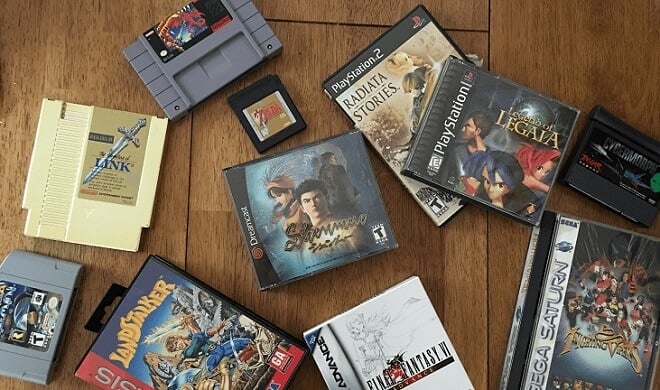
This is probably the most important thing you need to ask yourself before diving into the world of being a collector. As mentioned above, there are a few things you need to have before going forward:
- A passion and interest in the thing you’re collecting
- A niche or specialization
- A willingness to put time and effort into sourcing your collection
- A place where you can put a store or display things safely
- The financial stability to invest in expanding your collection
All of these are important things to consider and can change based on what you’re collecting and the speed that you want to grow your collection. There’s nothing wrong with spreading your collecting over the course of several decades, as most collectors do, and you have to be prepared to keep up with it for long periods of time.
Ultimately, this is going to take up a large portion of your life in terms of time and resources, so be sure you’re willing to do it.
How to Grow Your Collection
Do you have the resources needed to grow your collection?
This question is certainly a difficult one to answer, especially since life can change drastically over the years or decades of being a collector.
Aside from the physical resources required, such as space and financing, the other question you have to ask is whether you live somewhere that sustains your collection. For example, if you live in a country that has strict customs with high customs fees, this might be a significant hurdle to overcome.
Similarly, a large part of collecting is having a good community to work with, and while globalization and the internet have made this easier, it’s still good to have other people who share your passion.
How To Become A Video Game Collector
- Build Up A Knowledge Base
- Know the Terminology
- Analyze and Prioritize
- Know Where to Look
- Know Your Worth
- Tell Everyone You Know
- Find Your Local Community
- Conventions
- Learn to Haggle
- Keep Track of What You Have
- Know How to Spot Fakes
- Follow Collectors-Sellers on Social Media
Build Up A Knowledge Base
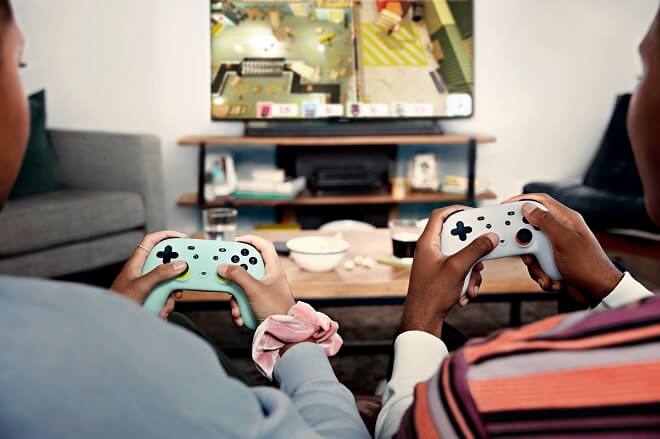
Probably the most important first step in becoming a collector is having a good knowledge base. You shouldn’t only know the value of the games you currently want to buy, but also of games in general. This can help a lot to spot opportunities when they appear, especially for rarer items that you might not come by often.
Not only that, but having a general idea of things such as circulation, age, condition, and release locations can help you properly price the games or consoles you want to collect.
For example, you might find a game that’s very highly-priced, but that price does not at all reflect the value of the game, in which case it’s better to wait than buy it immediately.
Similarly, having this knowledge allows you to see a cheaply priced game that you should snap up as soon as you can.
Most importantly, don’t rely on only one source for your information, and this is where a good community can come in handy.
Know the Terminology
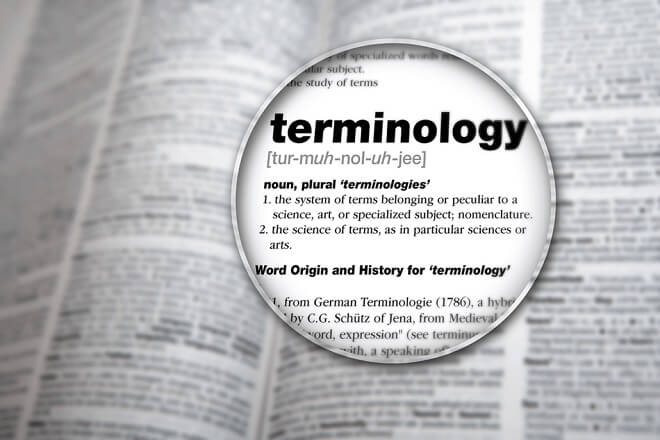
Being not only aware but knowledgeable of the terminology involved in game collecting can be invaluable. It allows you to understand things immediately without having to go through complex explanations.
More importantly, it allows you to communicate with others in an efficient way, so you don’t have to spend a lot of time grasping for words or terms, or even just explaining things in the wrong way.
Not only that, but knowing the terminology will also expand your knowledge base, and you’ll probably learn a lot of new things about games and game collecting. You’ll also be much more knowledgeable and less likely to be scammed if you know what you’re talking about.
While not an exhaustive list, Heritage Auctions has a great Glossary of Video Game Collecting Terms.
Analyze and Prioritize

A natural part of game collecting is analyzing the market, and the lists of things you want to collect, and then prioritizing it.
For example, you may want to start out focusing on cheaper or easier to get games. You might also want to consider buying one or two of highly-sought-after items for bartering later on.
Similarly, it’s not always a good idea to immediately go for a high-value item when starting out, or when you don’t necessarily need it.
Most importantly, make sure to buy things that you want to buy and not things that other people tell you. This is your collection, after all, so don’t give in to peer pressure.
Not to mention that only you know how much you can spend on these things, so don’t put yourself in the poorhouse because an opportunity arises, opportunities will always come by.
Know Where to Look
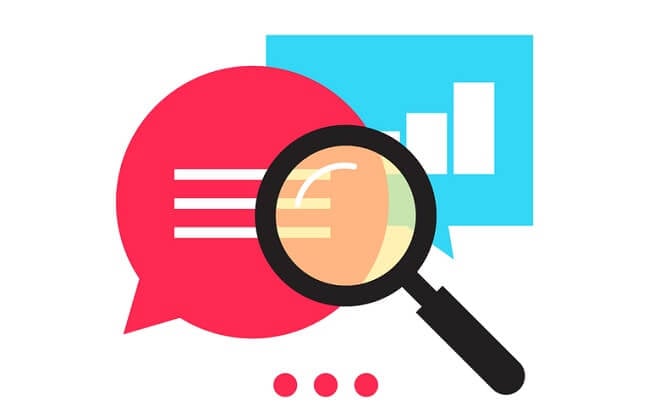
Once you have your list of things you want to buy, set aside your resources, and generally have a good knowledge base, the next step is actually going out there and trying to source the stuff you want.
Nowadays, doing this is relatively easy, since you can rely on a wealth of information online. That doesn’t mean you should forget about the physical aspect of just walking to a local retailer or pawn shop and looking at what they have on offer.
Sometimes you can find some really good deals in local shops since you’re probably one of the few people who are vying to get it.
If you do go the online route though, there are tons of places to buy from, including eBay. Just be aware that convenience doesn’t always mean a better price since you’ll now be competing with lots of other people for the items you want to get.
I’m not saying this to dissuade you though, just letting you know the risks that come along with game collecting.
Aside from that, having a community or group of game collectors you talk to is also a great way to find things, since they might have items they want to barter or sell.
At the end of the day, don’t discount anything when it comes to sourcing your collection.
Know Your Worth
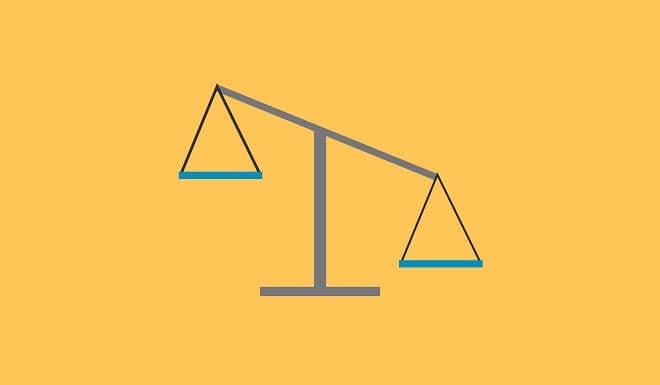
Aside from just a philosophical aspect of your existence, knowing the worth of your collection can come in very handy.
As mentioned earlier, you might have to consider purchasing insurance at some point if you’ve spent a considerable amount of time and effort on your collection.
While the insurance company will likely give their own valuation and assessment, knowing what your collection is worth, and having proof, allows you to lobby for the insurance you want to get. Failing that, it will give you a good idea of whether that insurer is giving you a good deal or not.
Of course, this doesn’t only apply to insurance but also in sourcing your collection. You will ultimately end up selling or bartering things some point down the line, so knowing how much your stuff is worth means you’ll get a good deal.
Similarly, this knowledge will give you a good idea of what other people’s stuff is worth, in case you want to make an offer.
Tell Everyone You Know

At the end of the day, collecting stuff isn’t easy, so you really need all the help you can get. We’re not even talking about asking your friends and family to go out and get stuff for you. Instead, what we’re talking about is just letting them know so they can keep an eye out.
Honestly, who knows what treasures the collective attics, basements, and other storage spaces of the world hold? You might have a friend or relative who has a piece you’ve been dying to get your hand on for ages, and it’s just sitting in a box collecting dust.
Maybe you have friends who are also active in gaming but don’t necessarily collect, that might be able to clue you into a great find or deal (which might not be that great a lead, but it’s something).
The point to drive home here is: let people know you’re interested. Even having friends and family walk into a room full of your collection might not clue them in that you’re always interested in new stuff.
Seriously, just say ‘Hey, if you have any cool games, or see any interesting stuff that seems collectible, let me know, I’d appreciate it!’
Find Your Local Community
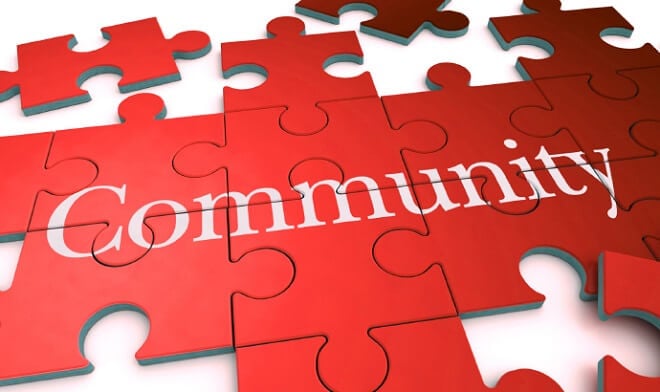
You’d be surprised at how much stuff isn’t actually listed on the internet, even when it comes to flea markets, conventions or meetups. Having a strong local community, and more importantly, being part of it, means that you’ll get a lot of heads up on local events you can go to and source items.
Not only that, but if other collectors know what you want, they can help you get it, and vice versa.
The best part though is being able to share your passion with people who are interested in the same thing. Your mom or cousin might not care that you just acquired a super-rare item, but a fellow collector will.
Heck, if it’s that big a deal, it could even be an opportunity to go out and celebrate!
Conventions

Probably the most important source for items when it comes to collecting is conventions.
Why?
Because it’s literally a central collective for the thing you want to do. You’ll meet people, find items, gain knowledge, network, find communities, get cool gear, and just overall push your collecting into lightspeed.
Even if you can’t necessarily afford to buy things, you should absolutely go to conventions because of how much they can offer you going into the future. You may very well make friends with another collector who can get you that one item you’ve been searching for.
Or, maybe you’ll find a whole new list of cool and interesting things to collect that you never knew about.
Either way, conventions are the most important thing when it comes to video game collecting.
Learn to Haggle
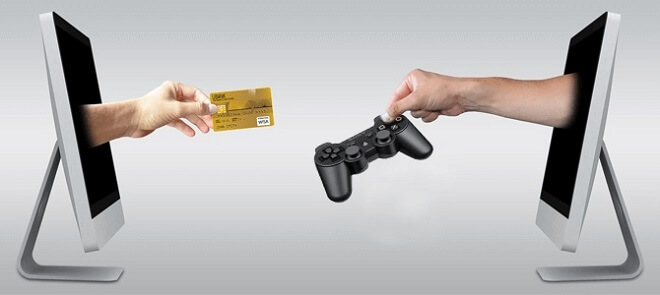
This is probably the thing that most people have a problem with, and it’s understandable. A lot of times, going in without knowing anything about what you’re buying can not only overwhelm you but also put you at a disadvantage.
This is why having a strong knowledge base and a good community of friends is so important because they can help you with your haggling.
Even so, haggling is a skill that you need to gain experience and level up in, so it’s a good idea to start small. Pawnshops and other local stores are a great way to learn the art of haggling, and there are tons of great guides for it online.
Also, always be aware of how much you’re willing to spend and how much things are worth, otherwise, you might end up buying something for a much higher price than it’s actually valued at.
Keep Track of What You Have
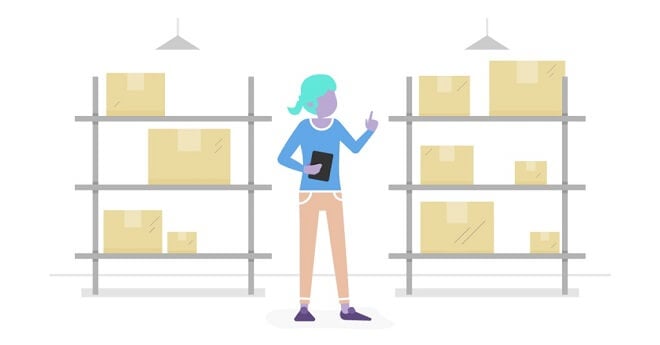
One of the biggest hazards in any form of collecting is to not keep track of the collection you have. This might sound obvious at first glance, but you’d be surprised how many people don’t actually do it.
This is especially the case when they’re starting out, only to realize down the line that they’ve been walking around with extra copies of games that they don’t actually need.
There’s a lot of apps and things you can use to keep track of your collection, but at the end of the day, a google sheet or excel can be good enough.
Also, you should also consider what things you want to keep track of besides just the item itself. For example:
- What condition is it in?
- Does it need repairs?
- Do you actually have it?
- How many of them do you have?
Having all that information at a glance and always with you, means you can make informed decisions about every purchase.
Learn How to Spot Fakes
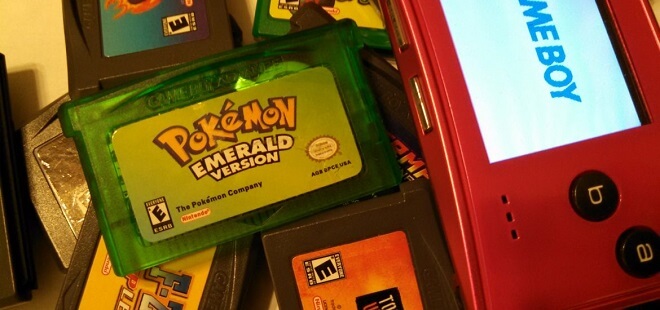
Probably the biggest issue you’ll have to deal with is spotting fakes. Unfortunately, there’s no one universal guide on how to spot fakes, since each cartridge, console, and item can vary massively.
One thing that can be said though, is to focus on the legitimate aspects of an item that you know for sure aren’t fake. Ask yourself these questions:
- What does the plastic on legitimate cartridges look like?
- Is there a special configuration of screws that all legit copies have?
- Maybe there’s a marker or holographic sticker, and if there is, does it look like what legitimate stickers look like?
Ultimately, it’s going to be a game of ‘spot the difference’. You don’t need to know all the nuances of fake items, you only need to know the unique parts of a real item.
Also, having a good community to fall back on is a great way to avoid getting scammed, whether it’s the advice they can give you, or even warn you against dealing with specific sellers.
Follow Collectors-Sellers on Social Media
This is a great way to source new items for your collection, as well as build a network and be part of a community. It also requires nearly zero effort, so there’s no reason you shouldn’t go and do that right now . . . seriously.
Go.
Now!
